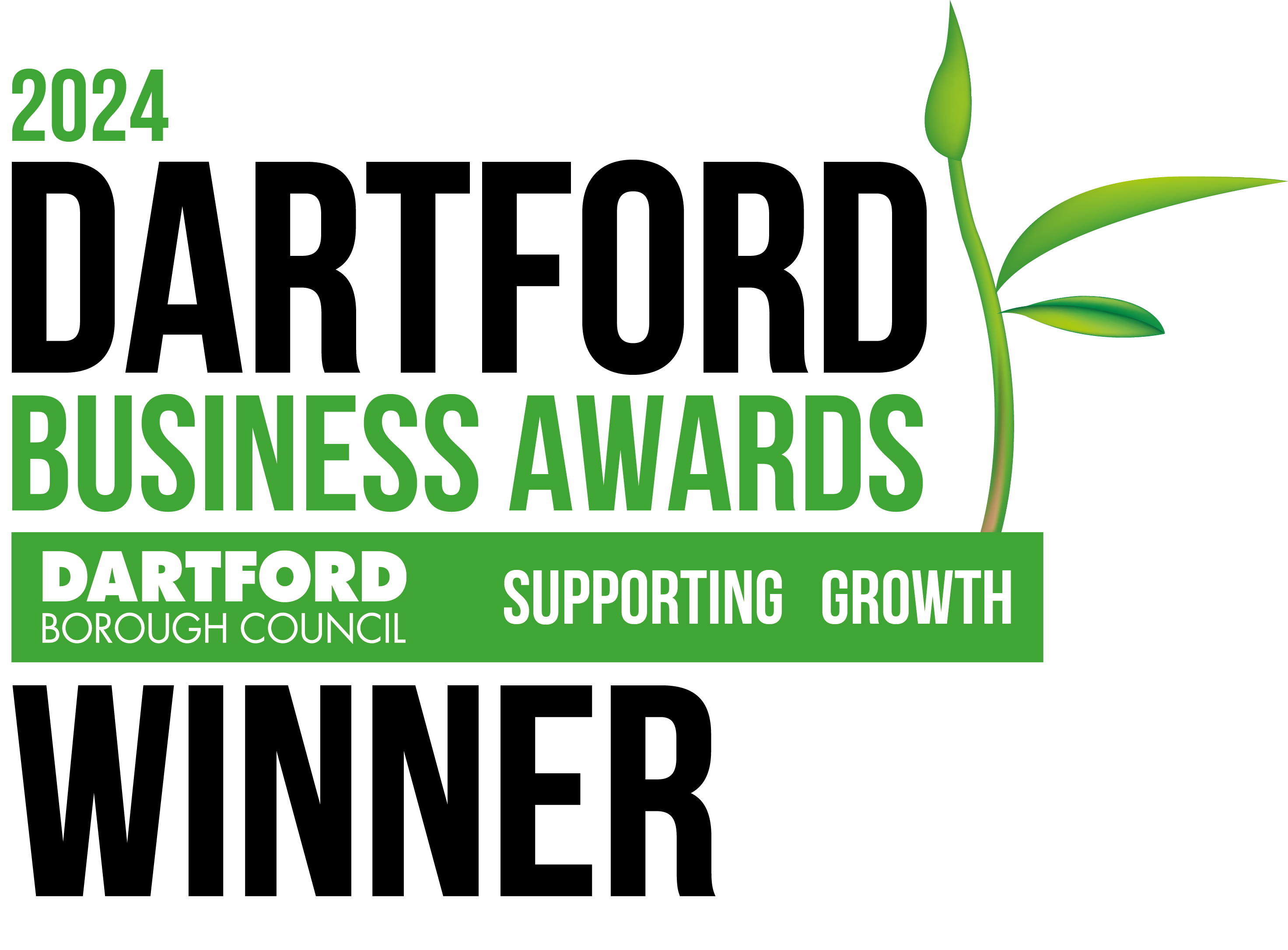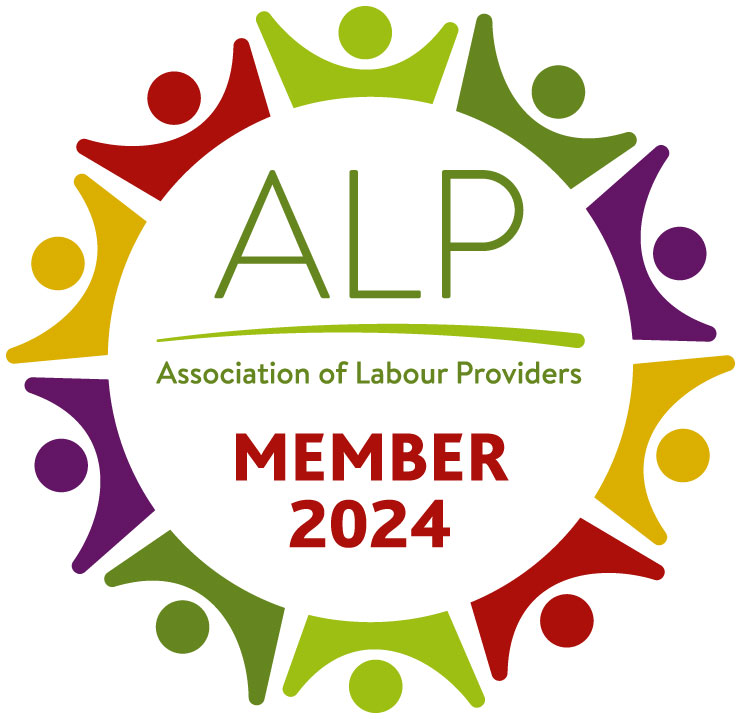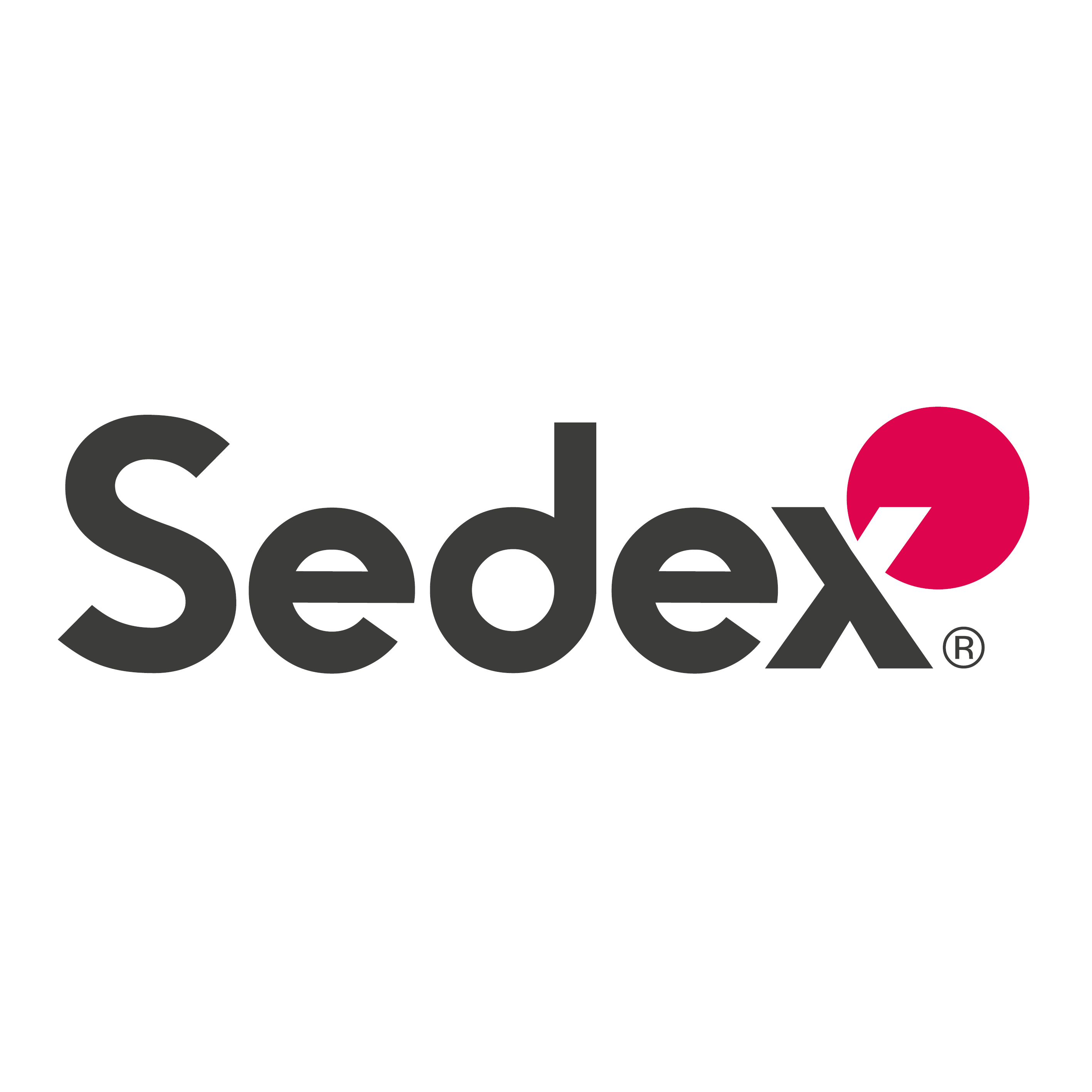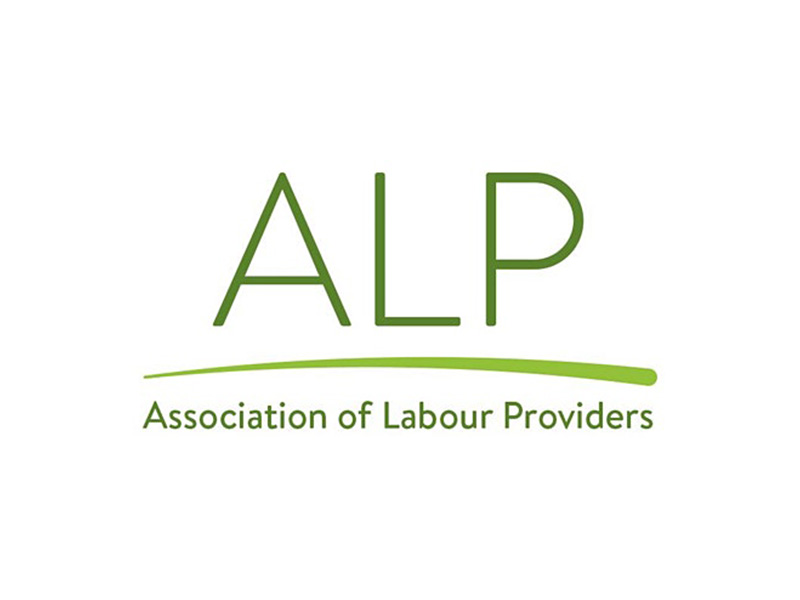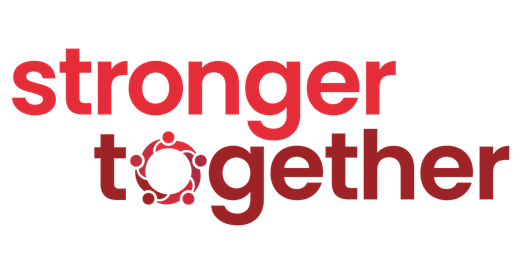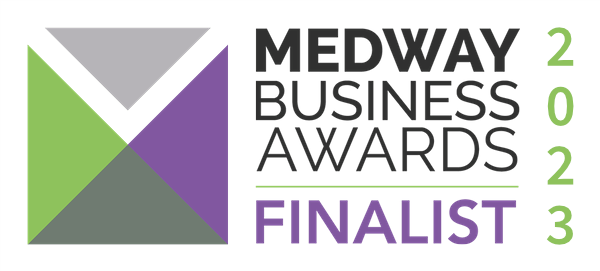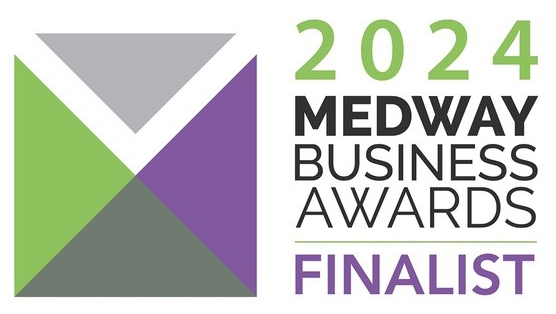Job interviews. They can be exhilarating, nerve-wracking, or sometimes just plain unpredictable. One moment, you’re discussing your skills with confidence; the next, you’re thrown off by an unexpected question like, “If you were an animal, which one would you be?”
The truth is, interviews aren’t just about what you say—they’re about how you present yourself, how you adapt, and how well you can convince a hiring manager that you’re the perfect fit. So, let’s break it down in a way that makes sense—structured but fluid, because real-world interviews rarely follow a script.
First Things First: The Foundations of a Strong Interview
Before you even step into the room (or log into Zoom), preparation is your best friend. Employers aren’t just looking for skills; they want confidence, problem-solving ability, and cultural fit.
Here’s where it starts:
✅ Research the Company: Not just a quick skim of their homepage. Dig into their values, latest news, and even check employee reviews on Glassdoor.
✅ Know Your CV Inside Out: Anything on that piece of paper is fair game for questioning. Be ready to expand on your experience, not just list it.
✅ Understand the Role: The job description is your cheat sheet—it tells you what matters to them. Be ready to align your experience with what they need.
✅ Prepare Your Own Questions: Not just any questions—smart ones. Ask about growth opportunities, team dynamics, or company challenges (but don’t grill them).
The Unspoken Rules of Body Language & First Impressions
They say first impressions form within seven seconds. In an interview, this is a game-changer. Even before you say a word, your body language, handshake (if in person), and eye contact do the talking.
- Sit upright but relaxed—confidence, not stiffness.
- Make eye contact, but don’t stare them down like a robot.
- Mirror their energy subtly—if they’re formal, match their professionalism. If they’re more relaxed, engage naturally.
And yes, even on video calls, these things matter. No one wants to hire a pixelated, bad-audio version of you looking down at your screen. Good lighting, clear sound, and eye-level camera placement = instant credibility.
Handling Common Interview Questions (Without Sounding Rehearsed)
Let’s be honest—some questions come up almost every time. The trick is to answer them like it’s the first time you’re thinking about them, even if you’ve rehearsed.
📌 “Tell me about yourself.”
→ Keep it short, structured, and job-relevant. Think of it as your elevator pitch—who you are, what you do, and why you’re here.
📌 “What’s your biggest weakness?”
→ Avoid clichés like “I work too hard.” Instead, talk about something you’ve improved on and how it’s made you better.
📌 “Why do you want to work here?”
→ This is where your research pays off. Link their mission or projects to your own career goals.
📌 “Where do you see yourself in five years?”
→ Employers don’t expect psychic abilities. They just want to know you’re ambitious without sounding like you’ll jump ship next year.
The Curveballs: Handling Difficult Questions
Even the most prepared candidates get thrown unexpected questions. The secret? Stay calm and buy time.
🌀 Behavioural questions (“Tell me about a time when…”)
→ Use the STAR method (Situation, Task, Action, Result). It helps structure your answer quickly.
🌀 Weird ones (“If you were a superhero, what power would you have?”)
→ They’re testing how you think on your feet. Choose something that reflects a work-relevant skill.
🌀 Salary talk (“What are your salary expectations?”)
→ If possible, let them state a range first. If you must answer, give a researched range based on industry standards.
Post-Interview: The Art of Following Up
The interview isn’t over when you walk out the door or close the Zoom window. A well-crafted follow-up email can set you apart.
📩 Thank them within 24 hours—keep it short, express enthusiasm, and mention a key moment from your conversation.
🚀 If you don’t hear back within a week, it’s okay to check in. But be professional, not pushy.
And if you don’t get the job? Ask for feedback. It shows initiative and helps you improve for the next one.
Final Thought: Every Interview is a Learning Experience
Not every interview leads to a job offer, but every interview teaches you something. The more you practice, the better you get at reading situations, answering with impact, and showcasing your best self.
So, take a deep breath, prepare well, and go make that lasting impression. 🚀


